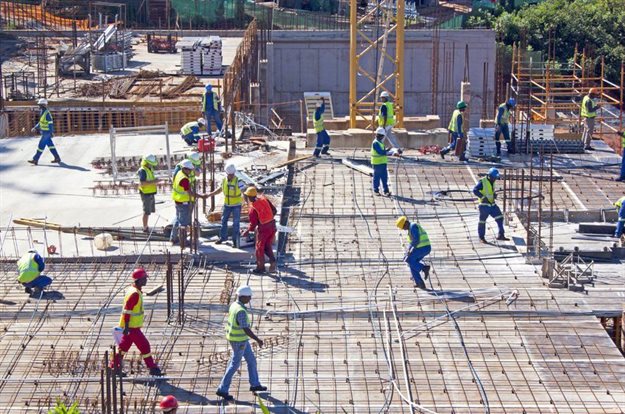
Top stories






More news















“It is unfair to characterise emerging contractors and business forums as hooligans and thugs. They are legitimate business people who want to participate in the projects in their areas,” said Robert Ndlela, secretary-general of the Federation for Radical Transformation (FFRET).
Ndlela added that the organisation was formed to deal with site disruptions as well as to ensure that members are actively involved in projects in their areas. He conceded that there are factions which exploit the situation to drive their own agenda, but emphasised the importance of open dialogue between contractors and business forums.
Sanral's head of transformation, Ismael Essa, said that his organisation has invested heavily in creating a 14-point plan in its projects which includes pre-tender training for emerging contractors and identifying local resources in the design phase.
“Sanral's investment in training emerging local contractors equates to about 5% of contract value, but the contract risk sits squarely with contractors who must bear and deal with civil unrest risk,” said Essa.
Ayanda Notshweleka, managing director of construction contractor Masakhane PM, disagreed.
“It is incorrect that contractors should be at the coal-face with business forums. It is the employer, the designer of the work, who should have a clear understanding of the dynamics. Talking to local participants should be taking place at the design phase, not once the contractor is already on site,” said Notshweleka.
Derek Goodwin, contracts director at Stefanutti Stocks, noted that there are several grey areas open to interpretation which should be clarified, such as the definition of what constitutes local labour and skills development requirements.
“Meaningful skills transfer and transformation are important issues, so we should assign importance to them in our contracts. All parties should be involved, the contractor also has to meet the imperative of a low price for the works while making allowances for skills transfer,” said Goodwin.

“Most contractors have shed jobs and there is little incentive to invest in skills training,” said Ian Massey, director at MDA Consulting.
“A due diligence should be undertaken to identify the availability of required skills within designated groups in the area. We need a structured plan to ensure all workers complete projects with enhanced skills.”
According to Notshweleka, three simple steps are required: structure documents to align with legislation, be clear on what is to be delivered and engage meaningfully with the community to which the project is being delivered.
Essa called for flexibility, citing a clash of legislation between BEE rules and local involvement.
“FFRET members cannot expand their enterprises if they are confined to a single geographical area. It doesn’t make sense to have an emerging contractor with experience who cannot contribute to broader economic growth and transformation in a different region,” said Essa.
“This issue is emotive and complex, but we believe it is in everyone’s interest to ensure that people have the opportunity to participate in the economy and construction and that all players can go about their business unhindered,” said Massey.
MDA Collective Wisdom is held annually to promote the future of the South African construction industry through constructive dialogue.